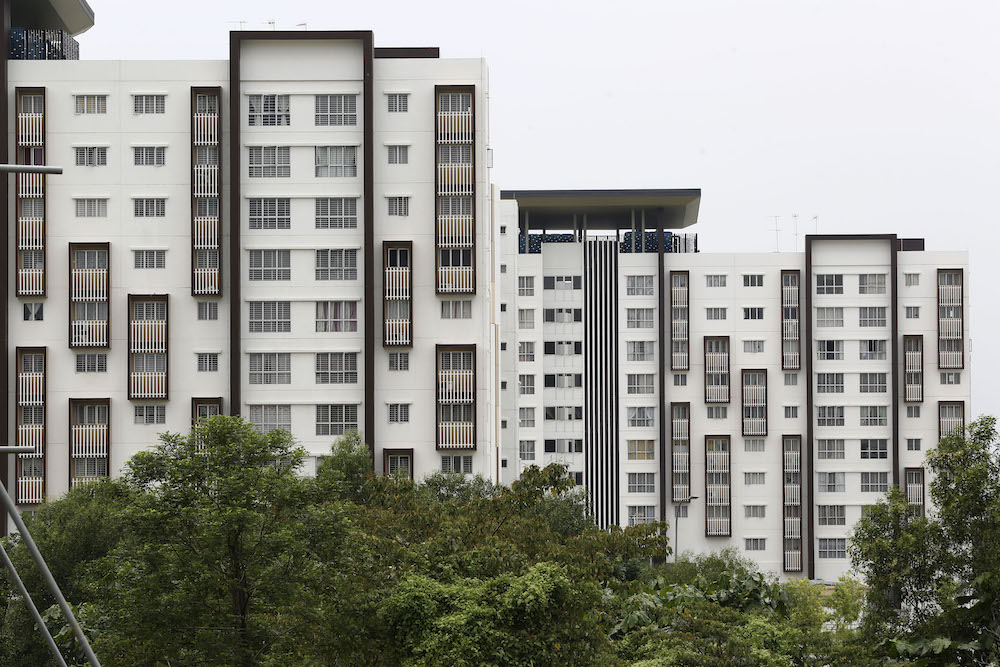KUALA LUMPUR, Dec 24 — The property market is facing a 48.35 per cent increase in unsold completed residential units as of September 30 compared to the same period last year.
The Star reported that there are 30,115 unsold units worth RM19.54 billion (up by 56.44 per cent) compared to 20,304 unsold units worth RM12.49 billion last year.
Based on a report by the Valuation and Property Services Department (JPPH), the overhang value rises to RM27.38 billion for 40,916 units if serviced apartments and small offices home offices (SoHos) are included in the final tally.
The units go across the price range from RM50,000 or less to houses costing more than RM1 million.
In the RM200,000 to RM250,000 range, there are around 3,500 unsold units while the majority of unsold homes are valued at RM500,000 and above with more than 12,000 homes not purchased.
JPPH’s definition of an overhang property are units that have been completed for nine months and have received the certificate of fitness but remain unsold.
Barring 2015 when unsold units decreased to 8,804 units with a RM3.64 billion value, Malaysia’s housing property market has faced an overhang for the past few years.
In the third quarter of 2016 (Q316), the number of unsold homes were valued at RM8.27 billion.
Johor has the highest amount of total overhang at RM10.6 billion, which is more than a third of the national overhang at RM27.38 billion.
The majority of that number falls under the serviced apartment and SoHo segment with 7,714 unsold homes valued at RM6.16 billion. It is also a two-fold increase when compared to the 2,647 unsold units last year.
Residential overhang in Johor, on the other hand, is valued at RM4.44 billion, roughly 40 per cent of the state’s total overhang. This leaves the state with a total 6,053 unsold units, which is an increase of 55 per cent from the 3,901 unsold units last year.
An unnamed source from JPPH told The Star that Malaysia’s overhang scenario changed with the unsold serviced apartments and SoHos. Developers also began building shoebox units on commercial land in urban centres to circumvent high property prices.
At the same time, local authorities also converted land to commercial status in order to obtain higher premiums from developers.
This resulted in owners having to fork out higher taxes to local authorities while developers pulled an old trick from Hong Kong by cutting up the homes to make them smaller — leaving an illusion of affordability.
“Buyers bought these units because they were priced at around RM500,000 but they did not know that they would have to pay higher service charges, utility bills and other taxes because of their commercial status.
“When they get the bills, they are shocked with the high charges,” the source said, adding that this scares off buyers from serviced apartments.
Other states with serious overhang problems include Selangor with an increased overhang of 4,524 (up 25.81 per cent), Penang at 3,261 units (up 43.59 per cent) and Kedah at 3,450 units (down by 2.38 per cent).



















